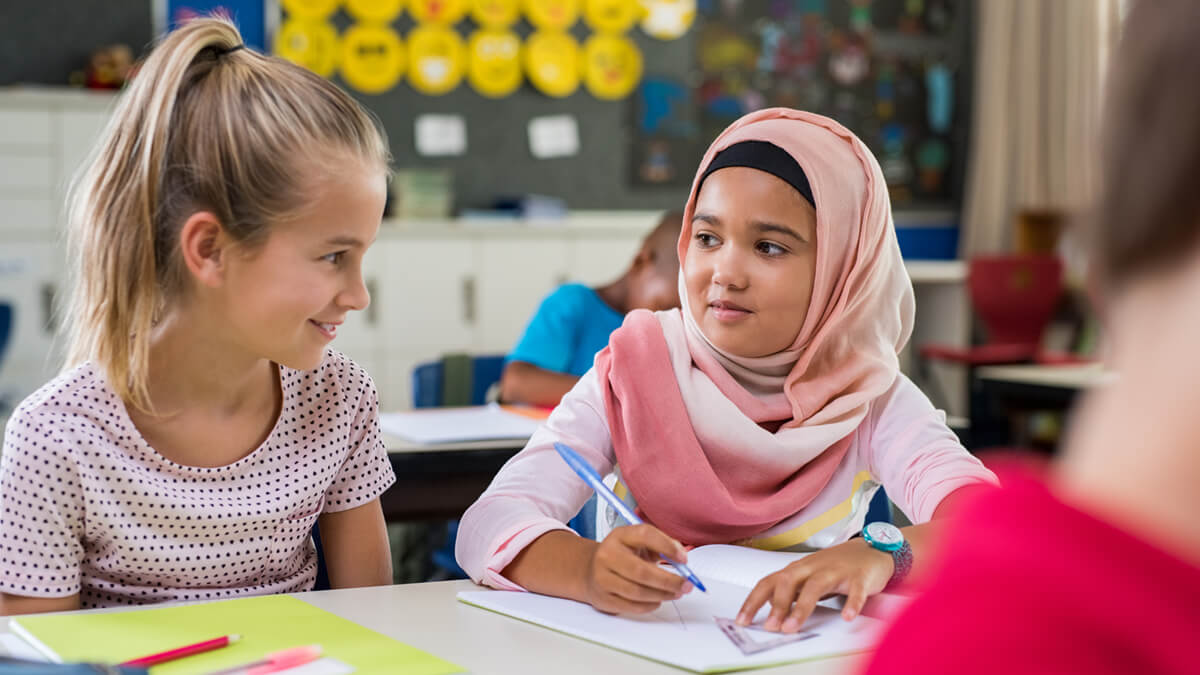Fostering Cultural Awareness Through Education
Cultural awareness education is a pivotal aspect of creating a more inclusive and interconnected world. As societies become increasingly diverse, the importance of cultivating an understanding and appreciation for various cultures cannot be overstated. This article explores the significance of cultural awareness education and its impact on individuals and communities.
Understanding Cultural Awareness Education
Cultural awareness education goes beyond merely acknowledging the existence of different cultures; it involves actively seeking to understand, appreciate, and respect them. This form of education aims to cultivate empathy, dismantle stereotypes, and promote a sense of shared humanity. By fostering cultural awareness, individuals are better equipped to navigate the complexities of a globalized world.
Building Bridges Across Cultures
One of the primary goals of cultural awareness education is to build bridges across diverse cultures. Through learning about the customs, traditions, and histories of others, individuals can establish connections and find common ground. This proactive approach helps break down barriers, fostering mutual understanding and collaboration among people from different cultural backgrounds.
Enhancing Intercultural Communication Skills
Effective communication is at the core of cultural awareness education. Individuals are encouraged to develop intercultural communication skills, enabling them to engage respectfully and meaningfully with people from diverse backgrounds. This includes recognizing non-verbal cues, understanding different communication styles, and navigating language barriers.
Challenging Stereotypes and Assumptions
Cultural awareness education challenges preconceived notions and stereotypes that may perpetuate biases. By encouraging critical thinking and self-reflection, individuals can confront and dismantle these assumptions. This process promotes a more accurate and nuanced understanding of various cultures, fostering a climate of acceptance and appreciation.
Cultivating a Global Perspective
In a world interconnected by technology and globalization, having a global perspective is essential. Cultural awareness education broadens individuals’ horizons by exposing them to different worldviews and ways of life. This broader perspective encourages open-mindedness and adaptability, crucial qualities in navigating an increasingly diverse and interconnected global society.
Promoting Diversity and Inclusion
Cultural awareness education is a cornerstone of promoting diversity and inclusion. It emphasizes the value of diversity as a strength rather than a source of division. By recognizing and celebrating differences, individuals contribute to the creation of inclusive environments where everyone feels welcomed and respected.
Empowering Cultural Identity
While fostering an appreciation for other cultures, cultural awareness education also empowers individuals to embrace and celebrate their own cultural identity. This dual focus promotes a sense of pride and confidence in one’s heritage, fostering a healthy and inclusive sense of self.
Addressing Cultural Sensitivity in Education
Educational institutions play a crucial role in cultural awareness education. It is essential to create curricula that incorporate diverse perspectives, histories, and authors. By addressing cultural sensitivity in education, institutions contribute to the development of well-rounded individuals who are equipped to thrive in a diverse and globalized world.
Cultural Awareness Education at igaseng.com
Explore the transformative impact of cultural awareness education at www.igaseng.com. Through thoughtfully curated resources and experiences, discover the power of education in fostering cultural awareness. Join the journey towards a more interconnected and harmonious world, where diversity is celebrated, and cultural understanding is at the forefront of learning.





